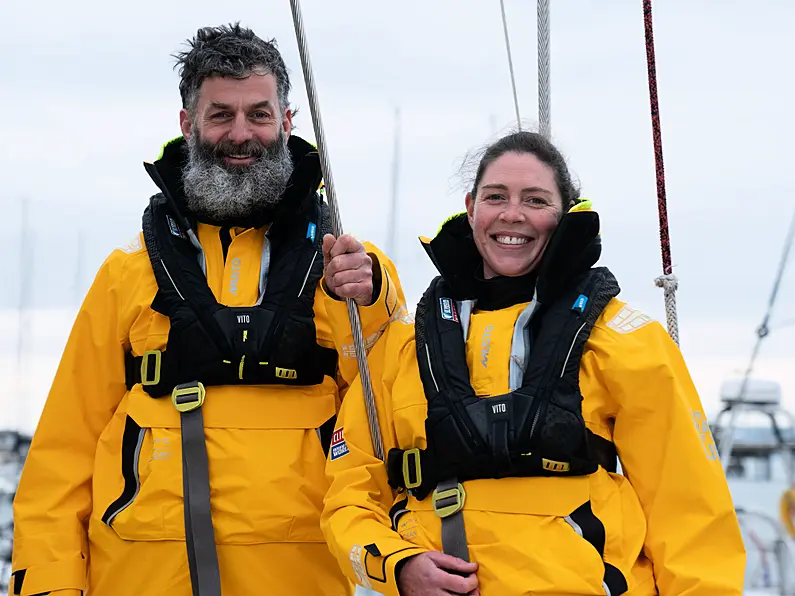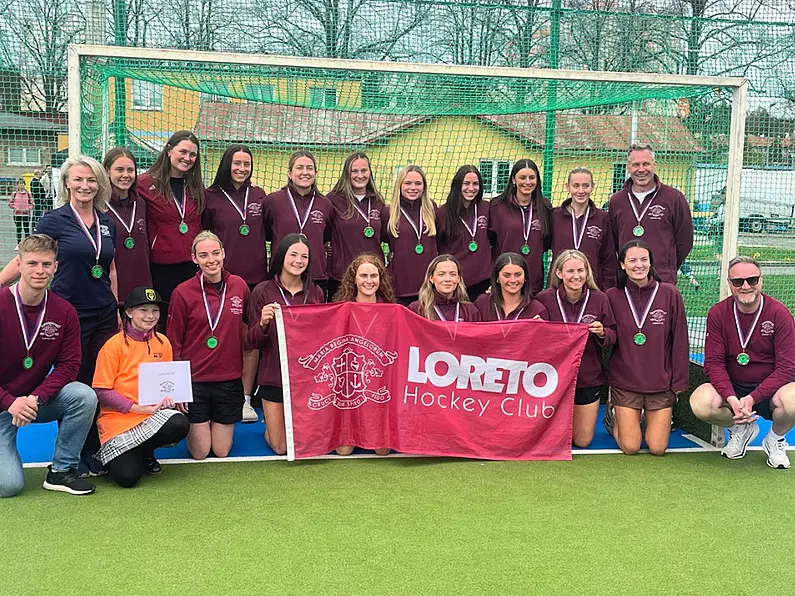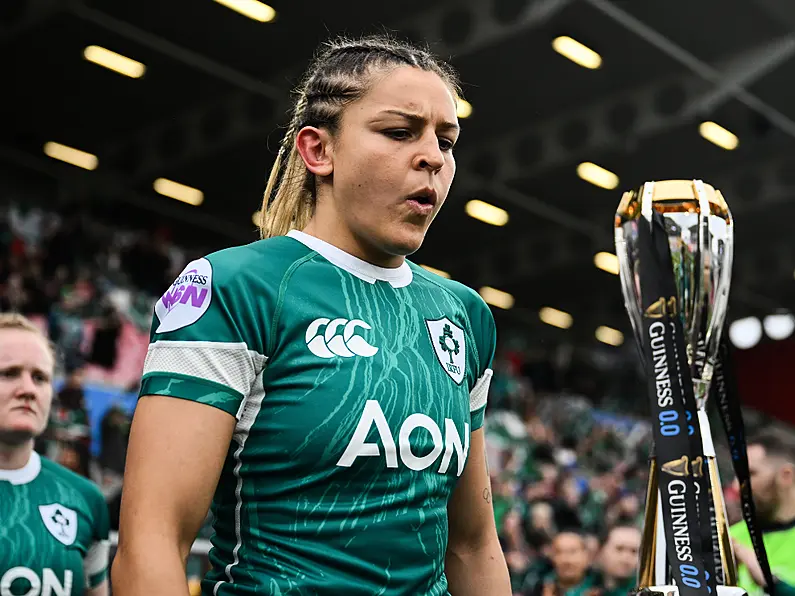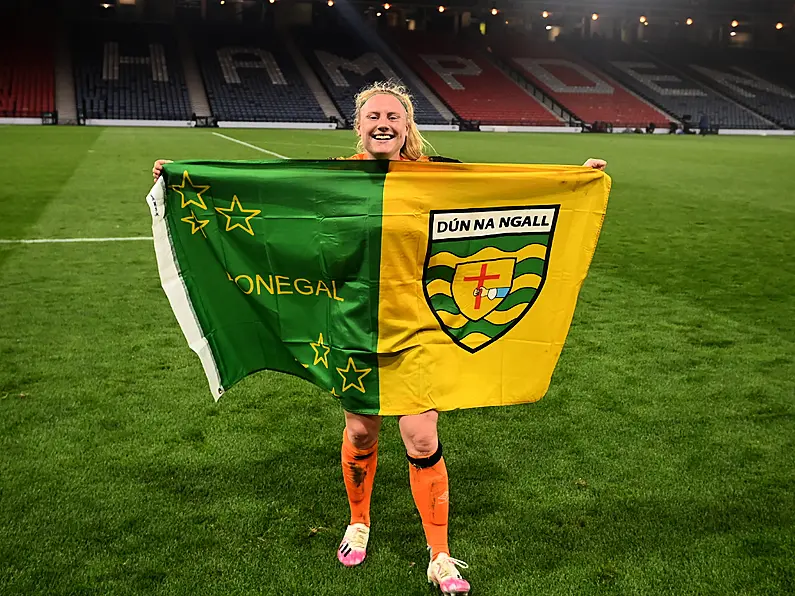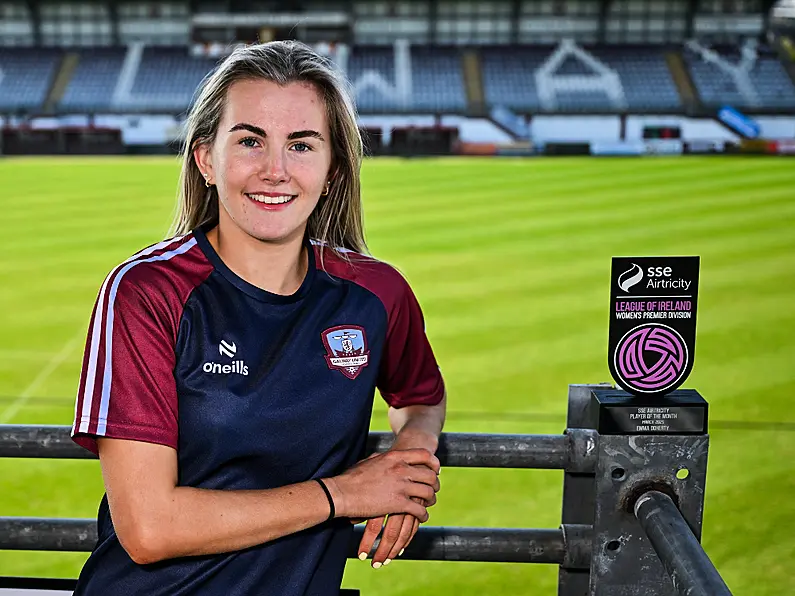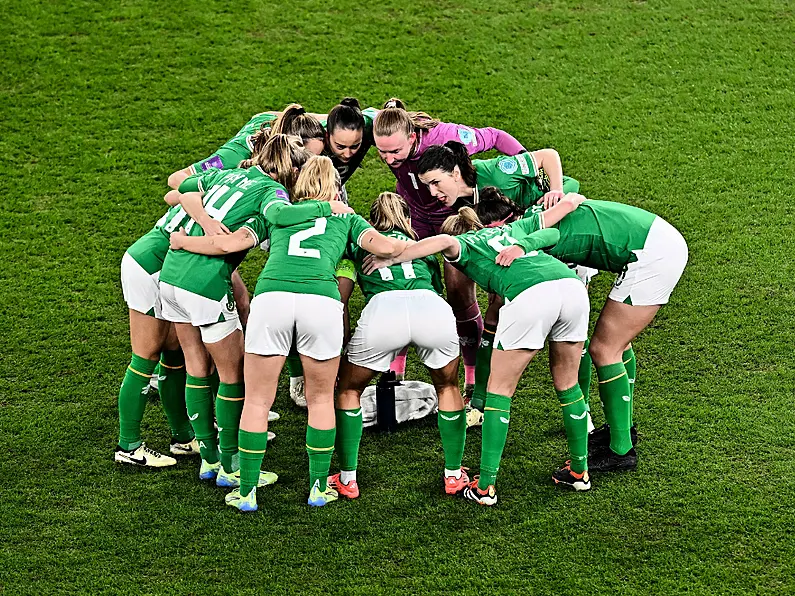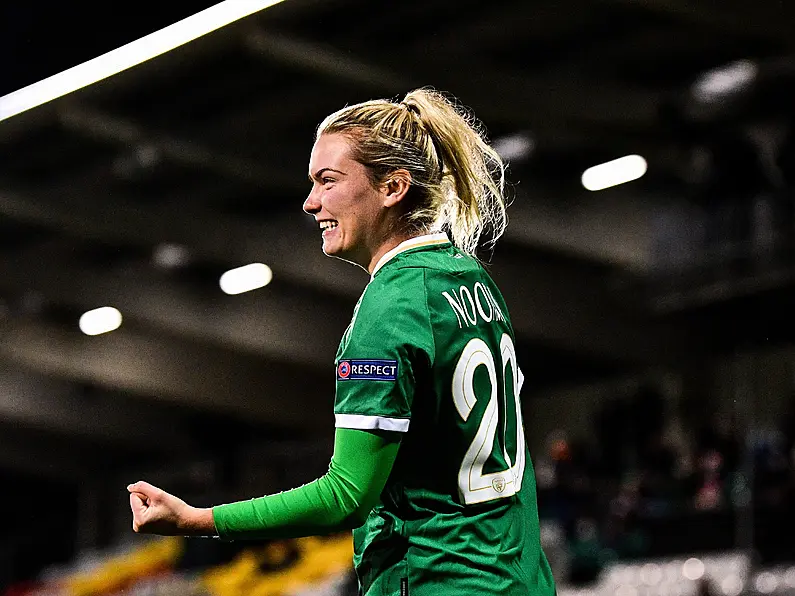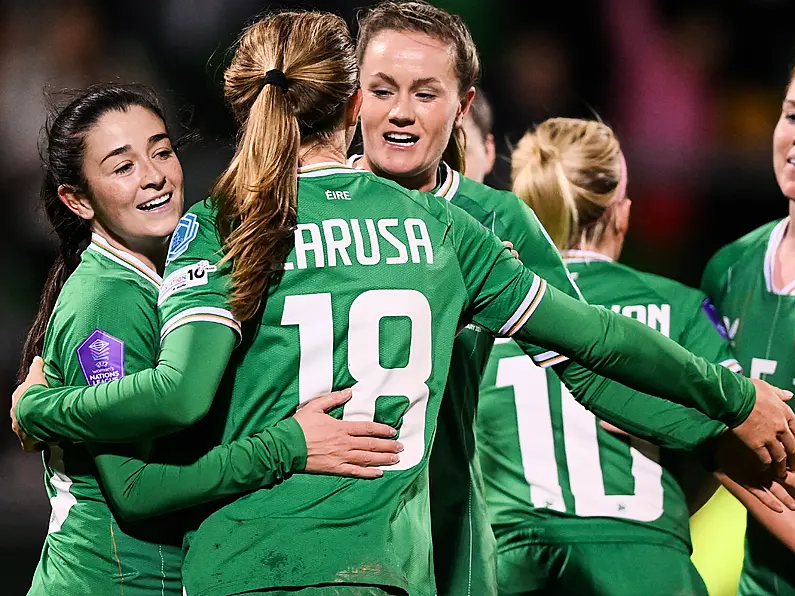The UEFA Executive Committee recently approved a new national team competition system with Vera Pauw expressing her concerns with it, describing it as ‘detrimental’ to the game. This innovative system will lead to the UEFA Women’s EURO or the FIFA Women’s World Cup.
This follows the UEFA Women’s Football strategy: Time for action and a goal to transform the competitions. The changes are thanks to the extensive work of the national team competitions working group.
This new format is made to create a more competitive environment with more commercial and sporting interest. It is also to prevent lower ranked teams from playing against the heavyweights of women’s football.
The new format will be active in autumn 2023 as a lead up to the UEFA Women’s EURO 2025 qualifying competition that starts in the spring of 2024. The new national team competition system connects the Nations League with the European qualifiers.
⚽ Introducing a new women’s national team competition system, featuring:
✅ Nations League format
✅ Qualification for Women's EURO and Women's World Cup
✅ More competitive matches
🗓️ Starting autumn 2023!
More details and how it will work: ↙️↘️— UEFA (@UEFA) November 3, 2022
The new regulations will divide countries into three tiers, playing in groups of three or four with 16 teams in the top level. Each team will be playing one home match and one away match against all the other teams in their group.
The winners and runners up of League A will stay. The winners of League B and League C will be promoted to the next league. The fourth placed team in League A and the last two placed teams in League B will be delegated to a lower league. The two lowest ranked runners up and all third and fourth placed teams will stay in League C.
In between each stage, league rankings will be determined to allow teams to be promoted or relegated for the next phase of the competition. The best four teams that come out of the final group stage will play in a Final Four event that contests the Nations League finals. The finals will be played as single-leg knock out matches, semi finals, a third place match and then a final game.
The finals of the Nations League will decide the winner, and every four years, it will determine the three European countries that will qualify for the Olympics. This year, two finalists will advance to join host country, France, as Europe’s entries. The promotion and relegation matches will establish the starting league positions of the teams in the European qualifiers.
The winners and runners up of the four top-tier groups, eight countries, will directly qualify for the sixteen team Euro 2025. Seven more teams will be determined by the Nations League play-offs taking place in autumn 2024.

The European qualifiers will start the spring of 2024, following the conclusion of the UEFA Nations League, following the same format. Every four years, the Nations League finals will also serve as the European Qualifiers for the Women’s Olympic Tournament. The European Qualifiers ranking will determine the teams that start in the next competition cycle.
The road to FIFA Women’s World Cup 2027 and UEFA Women’s EURO 2025 will be played using the same format. The only difference is that the European Qualifiers play-off has to be adjusted due to a lesser number of qualifying slots for FIFA Women’s World Cup 2027.
Pauw expressed “The key thing is that the Euros was a reflection of the money. It’s a pity that in our game the big money goes to the top, the second tier is forgotten and the third tier gets support to develop into the second level. They have invested a lot in the top, then the issue is that the association [UEFA] needs to take care of the second tier. The ones with money get more money, the ones with average get nothing, the ones with no money get support “
Pauw believes that teams such as the Republic of Ireland, Wales and Scotland will be stuck in the second tier, while the top tier separates themselves from the rest, which will stop the game’s development. She believes the chance to qualify will be heavily minimized to the second tier rather than open to it.

With more competition, the European confederation hopes to put a stop to a large number of matches that ended with double-digit results during the recent qualifiers of the European championship.
Women’s football has taken a huge step. UEFA President Aleksander Čeferin explained, “I said this summer that we would continue to invest in women’s football, and we are. Off the back of a historic UEFA Women’s EURO, it is now time to further develop women’s national team football. We have built an open, competitive, and continuous system in which every match will matter, a true reflection of the European sports model. I am convinced that this format will help all European national associations and keep the dream of qualifying for a major international tournament alive.”


